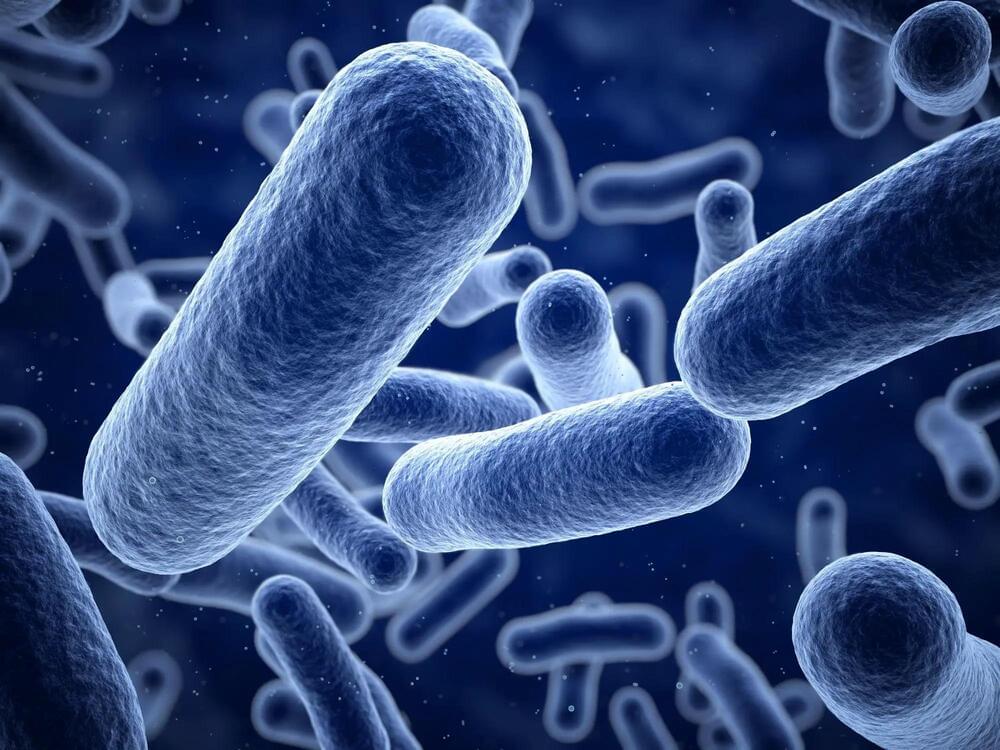Scientists specializing in chemical and environmental engineering at the University of California, Riverside have discovered two types of bacteria in the soil capable of breaking down a class of stubborn “forever chemicals,” giving hope for low-cost biological cleanup of industrial pollutants.
Assistant Professor Yujie Men and her team at the Bourns College of Engineering have found that these bacteria are able to eradicate a specific subgroup of per-and poly-fluoroalkyl substances, known as PFAS, particularly those that contain one or more chlorine atoms within their chemical structure. Their findings were published in the scientific journal, Nature Water.
Unhealthful forever chemicals persist in the environment for decades or much longer because of their unusually strong carbon-to-fluorine bonds. Remarkably, the UCR team found that the bacteria cleave the pollutant’s chlorine-carbon bonds, which starts a chain of reactions that destroy the forever chemical structures, rendering them harmless.
